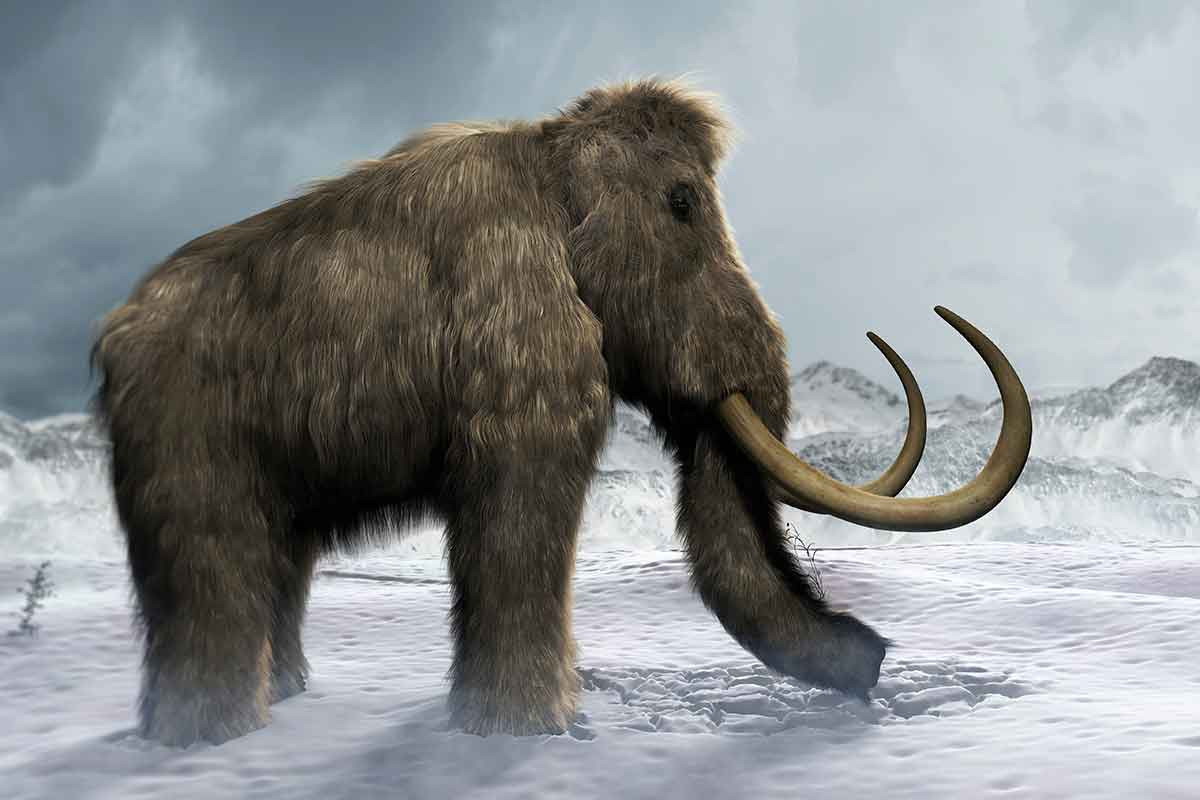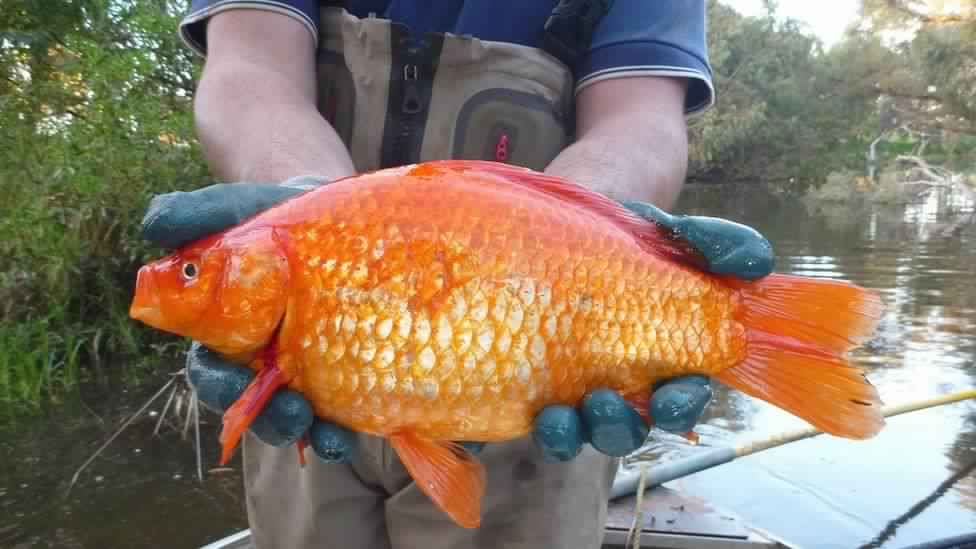A new study in the Proceedings of the National Academy of Sciences suggests the last woolly mammoths died out because they didn’t have enough water to drink.
The mammoths lived on the remote Alaskan island of St Paul at about the same time as the Minoan culture was developing in Crete.
They had outlived their mainland relatives by about 5,000 years when they became trapped on the island as the Bering Sea land bridge connecting Siberia with the continent of North America was submerged as sea levels rose.
Researchers have been studying the bones and teeth of the mammoths and the fossilised remains of ancient aquatic insects in lake sediments, allowing them to build up a picture of what happened to the animals.
Pollen from the lake sediments showed the mammoths had cleared the area around the lake of vegetation.
The scientists have come to the conclusion that, as conditions became drier, fresh water became increasingly scarce.
To make matters worse, the rising sea levels meant there was less land available where mammoths could travel to look for new water.
“It paints a dire picture of the situation for these mammoths,” said lead author Dr Matthew Wooller, from the University of Alaska Fairbanks.
“Freshwater resources look like the smoking gun for what pushed them into this untenable situation.”
Co-author Professor Russell Graham, from Pennsylvania State University, said of the study: “It’s amazing that everything turned out so precisely with dating of extinction at 5,600 plus or minus 100 years.”
The study, published in the journal Proceedings of the National Academy of Sciences, provides one of the most accurate dates for a prehistoric extinction.
Christopher B. Taub













